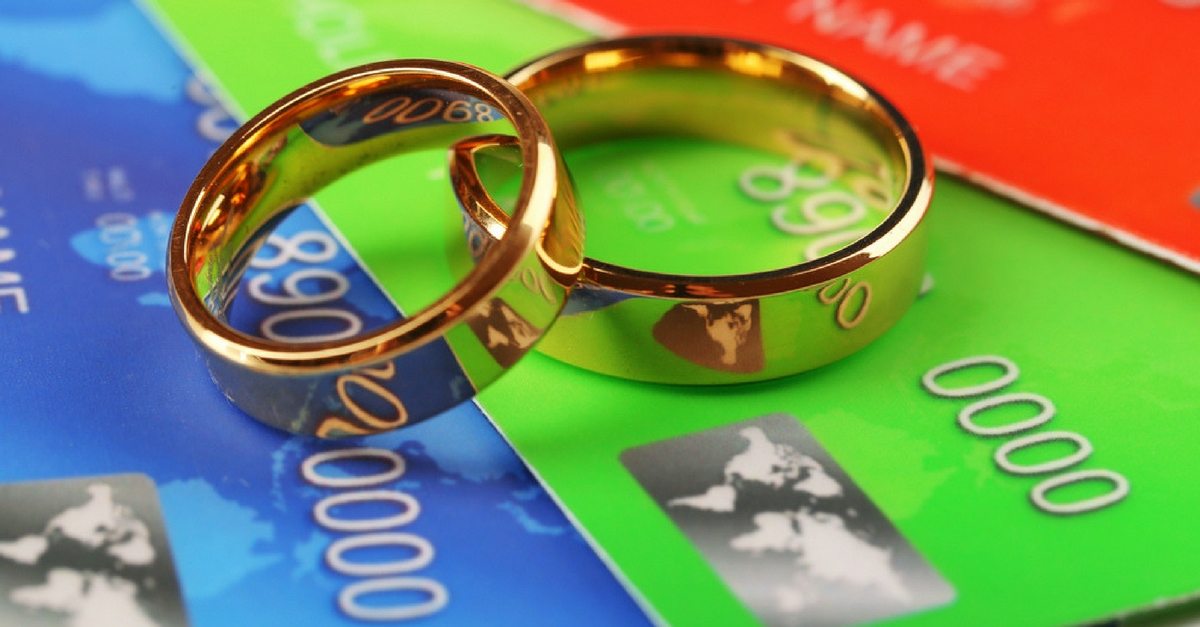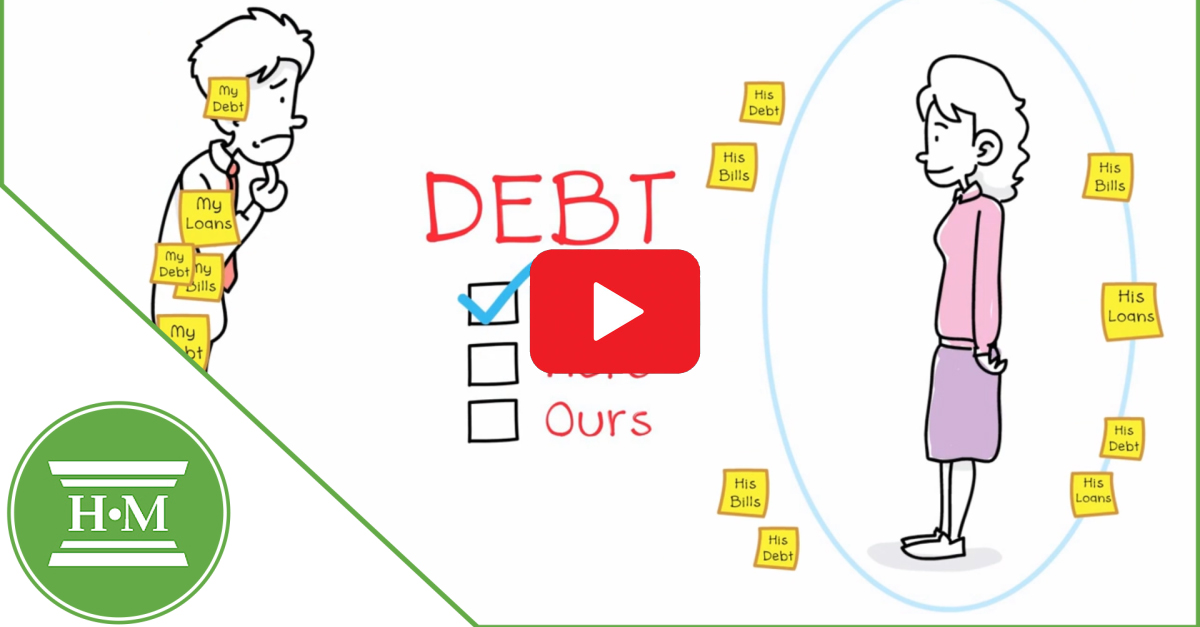
We are often presented with the following scenario:
One spouse applied for a credit card, and when asked “would you like a card for your spouse?” answered yes, so they received two credit cards – a primary card and a supplementary credit card. If the primary card holder files for bankruptcy, is the supplementary or secondary credit card holder liable for the debt?
Table of Contents
Is the secondary cardholder liable for debt?
A primary cardholder is liable for all charges and debts on an account, whether charged with the primary or secondary card. A supplementary cardholder’s liability is defined by the terms of the credit card agreement.
We have seen terms and conditions that result in 3 scenarios of legal responsibility for the secondary or authorized user:
- only the primary cardholder being liable for all charges and debts incurred on both the primary and supplementary card;
- both the primary and supplementary cardholder being jointly liable for all charges and debts incurred on both cards;
- the primary cardholder being liable for all charges and debts while the supplementary cardholder is responsible only for the charges on the supplementary card.
Why you need to read your cardholder agreement
The true answer lies in the specific terms and conditions of the credit card itself and each credit card is different.
Here’s an example from a “pre-approved” credit card application I received in the mail. It already has my name on it; all I have to do is sign it, and I am pre-approved for a new credit card. At the bottom of the application is a space for me to write in the name of a supplementary card holder; if they sign it, they can have a card on my account.
The fine print on the back of the application reads as follows:
The card holder agrees “that the basic card holder will be liable for all charges incurred with the cards issued to the basic card holder and any supplementary card holders.”
Further, the card holders “agree that each supplementary card holder will be liable jointly and severally with the basic card holder for all charges incurred with the supplementary card issued to him/her.”
In this particular case:
- the primary card holder is responsible for all charges: those they incur and any charges put on the credit card by the supplementary card holder,
- the supplementary card holder is, at a minimum, responsible for all charges they charge on their card.
Another complication or exception to consider is if the supplementary card holder never applied for the card, never signed for the card, and never used the card. In that case, they may have a chance of proving they are not responsible for the charges.

When one spouse is in financial trouble it can be scary. You want to know will your bankruptcy affect your spouse? Will creditors try to collect money from them? Will their credit be affected? The fact that you are married does not make your spouse responsible for your debts. As long as your debts are solely owed by you, your bankruptcy affects only you. Just because you declared bankruptcy, doesn’t mean your spouse has too. Your creditors cannot try to collect from your spouse just because you are married. Your bankruptcy will not appear on your partners credit report. The only time that your spouse is affected is if they have guaranteed or co-signed debts along with you, sometimes called joint debts, common examples would include joint credit cards, or a loan that you both signed as co-borrowers. If that is the case, you can talk to your trustee about something called a joint bankruptcy, to deal with both your debts and save on your bankruptcy costs. When you meet with a Hoyes Michalos professional, we’ll look at your debts and help you be sure that your spouse will not be affected. If they are, we’ll help you come up with a plan together.
What to do if worried about joint credit card liability
My advice? If you are going bankrupt to get credit card debt relief and share a credit card with your spouse or someone else:
- Carefully review the terms and conditions on all of your credit cards to determine if anyone else may be responsible so that you have a plan in place for dealing with those debts before you go bankrupt or file a consumer proposal.
- Contact customer service for the credit card company if you are not sure what the terms and conditions mean or don’t have a copy of your original agreement.
- Talk with your licensed insolvency trustee. We can help you review each cards terms and conditions and determine who may be liable under each credit card you share. Your trustee can also explain how bankruptcy will affect your spouse and help you develop a plan together such as filing a joint consumer proposal or bankruptcy if your combined debts are significant.
This is a complicated area, so we encourage you to contact us so a licensed insolvency trustee can meet with you to review your credit cards and other debts and work out a plan that will give you, and your significant other, a fresh start.






